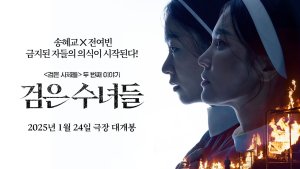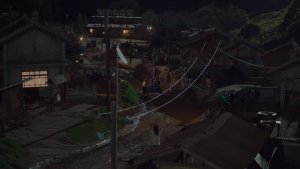 Over-Analyzing: Crash Landing on You (Ep. 1, Part 1)
Over-Analyzing: Crash Landing on You (Ep. 1, Part 1)
South Korea is a country with rich culture both in the past and present, that is gaining worldwide popularity by the day, in big parts due to Dramas and Kpop. Groups like BTS, TWICE, EXO and BLACKPINK sell albums in millions, with even more YouTube and streaming “views”. And with streaming services like Netflix and Amazon Prime now also picking up Dramas, they reach a wider audience than probably ever before, too.
But looking at Korea's history is just as interesting and fascinating in its own right. One could argue that Korea has quite a lot of sad historical events. The Japanese Occupation, the Jeju Uprising, the Korean War, the 70-year division of North and South, and the Democratic Movement of the 80s, just to name some of the more recent events. And there is no need in being a history buff to learn more about Korean history. While there are good books out there to learn more about them (I will provide a few recommendations down below), reading about history, especially parts of it that you might have never even heard of, might not be the most appealing option, and thanks to some great movies, it is also not the only one. That is what I want to focus on today. More specifically a set of movies about the Korean Democracy Movement of the 1980s.
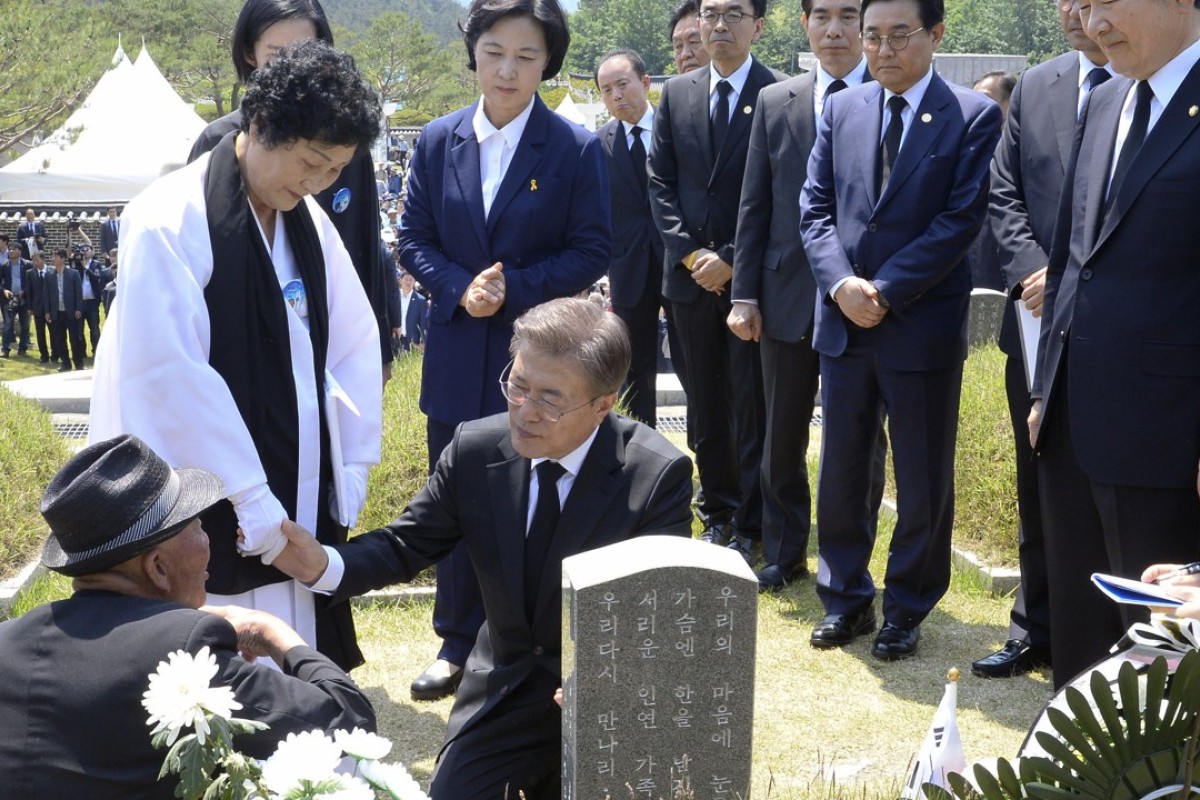
Today is a special day. It is the 40th Anniversary of the Gwangju Uprising. On this day in 1980, the citizens started to stand up against the oppressing martial law government of the time, and for the next 9 days, they continued to do so. Hundreds of them have lost their lives during that period with thousands being injured. For years after the uprising was shot down, nothing had changed, and the martial law government stood in place pretty much unchanged. It took until 1987 for a new president to be appointed, by national elections.
 |  |
Pictures of the real Gwangju Uprising in 1980 | Source: reddit/imigur
The movies that I want to show off and introduce today either tell the story of the events during the Gwangju Democratic Uprising or of the 1987 June Struggle, which in thought is the successor or continuation of what happened 7 years prior. All these events, among others, helped to form Korea into the country we know and love today.
May 18
The first movie that I want to introduce is the 2007 historical-drama May 18 by Kim Ji Hoon, with Kim Sang Kyung and Lee Yo Won in the leading roles.
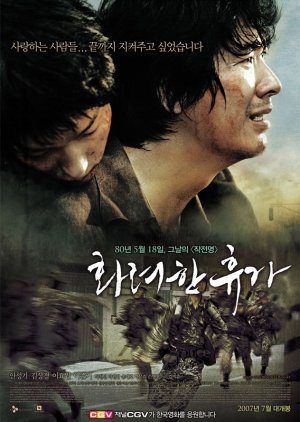
May 18s Official Movie Poster | Source: MDL
This movie is, at least I would say so, the best one to start with between the movies that I will show off today. It starts pre “Gwangju Uprising” takes the viewer through the whole 9 days of occupation. We follow a relatively ordinary young man who is taking care of his younger brother after his parents died when they were young. On May 18th, he and his crush, Shin Ae, a nurse he met at church, went to the movies, but not long after the movie started, he finds himself in the middle of the Gwangju Uprising. Soldiers running after College Students through the streets and allies, the sounds of tear gas grenades going off and people shouting - A scene of chaos awaited him outside. From there on out, we follow the events of the Uprising in all its brutality and follow our main characters along the path they are taking throughout that time.
A Taxi Driver
Another movie that portraits the May 18th Uprising is the 2017 movie A Taxi driver. Starring Song Kang Ho, who recently reached global fame after Parasite won at the Oscars, plays a Seoul based taxi driver, who has to take care of his daughter after his wife had died. Due to her treatment at the hospital, he is in debt and has to work as hard as possible to pay back his debt while caring for his young daughter.
One day, at a restaurant, he overhears a conversation between two other taxi drivers. A foreign man, the German journalist Jürgen Hintzpeter, who is portrayed by Thomas Kretschman, wants to go to Gwangju. After hearing this, he decides to pretend to be Hintzpeters dedicated driver and takes him to the southern city. Only then does the taxi driver “Mr. Kim” notice that things seem off. We, the viewers, then follow along, as Hintzpeter documents as much of the Uprising as possible, risking his life in the process, to shine a light on what is happening in Korea, which was so far held secretive by the government.
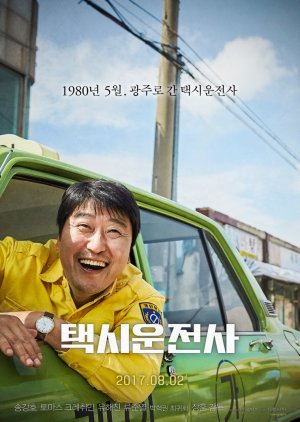
A Taxi Drivers Official Movie Poster | Source: MDL
1987
1987, a movie that premiered in 2017, plays 7 years after the Gwangju Uprising. Park Jong Chul, a member of the Student Activists protesting against Korea's Government, that was still intact even after everything that had happened in Gwangju and in the years since died. But many of his friends mistrust the official report that he died of sudden cardiac arrest. They suspect that the government was at fault, killing him in the process of torture. We witness the story of how people, like-minded to Jong Chul, try to unearth the lies and wrongdoings by the government in an intense thriller like a movie.
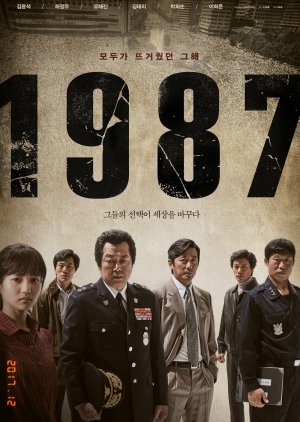
1987s Official Movie Poster | Source: MDL
All these movies are based on real-life events, which makes them so much more interesting. The sheer thought of knowing what all these people had risked to finally get a fair, true and real democracy, to prove the wrongdoing and cruelty by the “higher-ups”, to unearth all the lies that they were told, gives me the chills. I have nothing but respect for all that happened, and ever since I found out about these events, I kept on wanting to know more.
I first found out about the 1980 Uprising when I visited Gwangju and when a friend took me to the 5-18 Archive. The museum was great, but I still did not really understand the scope of what happened where I was standing, less than 40 years ago. On my way out, the museum staff gave me an English copy of their self-published book on the Uprising, which I then took home with me.
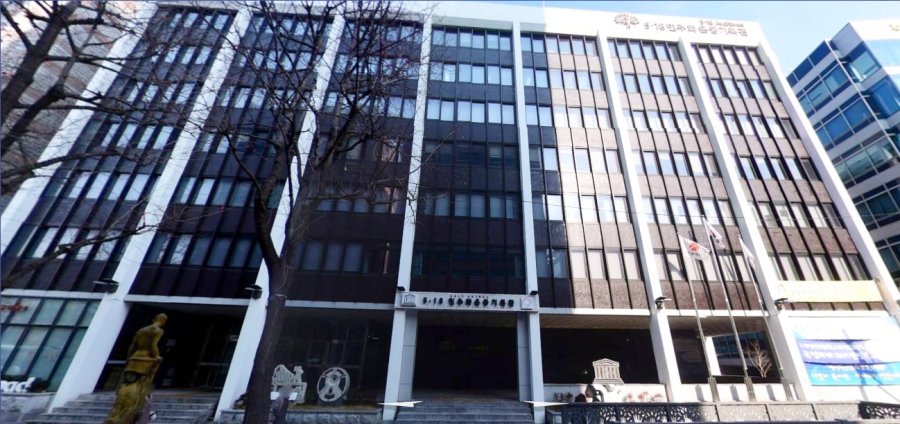
The 5-18 Archive in downtown Gwangju | Source: Naver Maps
On my flight home, I then saw that A Taxi Driver was available on the in-flight-entertainment-system, so I decided to give it a go. This movie then sealed the deal for me. It really reached me, and that was when I got really really interested in the matter. I read the free book I got, and as soon as I finished reading through it, I ordered the next book, which is called “The Seed of Joy”. This book also tells a novel-like story in the days of the May-18 Uprising and does so with pretty good historical accuracy. I would probably recommend this book as the easiest read and as a good first read also.
Then I ordered “The Kwangju Uprising: A Miracle of Asian Democracy as Seen by the Western and the Korean Press”. This book is more textbook and fact-driven like, with many of the witnessing reporters of the time writing about their 5-18 stories and experience. Big names like Kim Dae Jung, the former South Korean president, who was part of the student activist groups, and the before mentioned Jürgen Hintzpeter, among others.
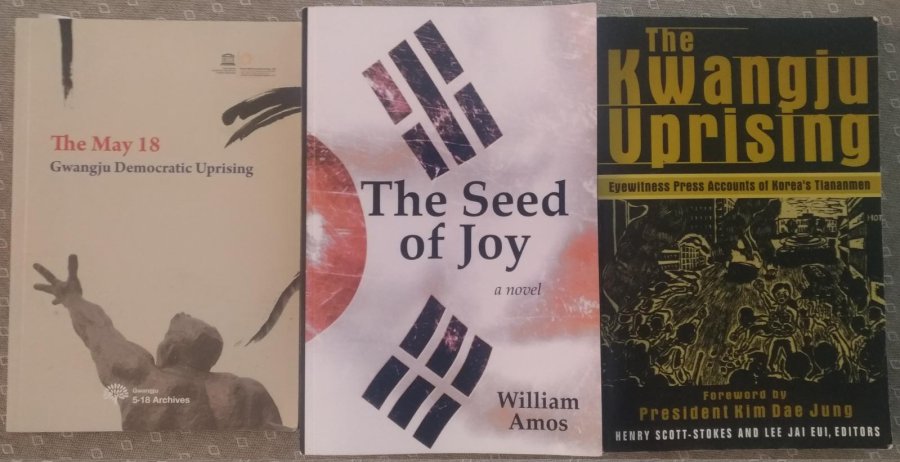
Picture of the three books mentioned in the article | Source: Asuna-san
I really hope you will give these movies a try. No matter if you are interested in these types of things, these movies are great in their own right. But if you do have a soft spot for historical dramas and stories, these will be an even greater watch, if you have not seen them already. And if you do enjoy them, I would like to encourage you to maybe dive a little deeper into the world of the Korean Democracy movement, and all the interesting stories it has to offer.





